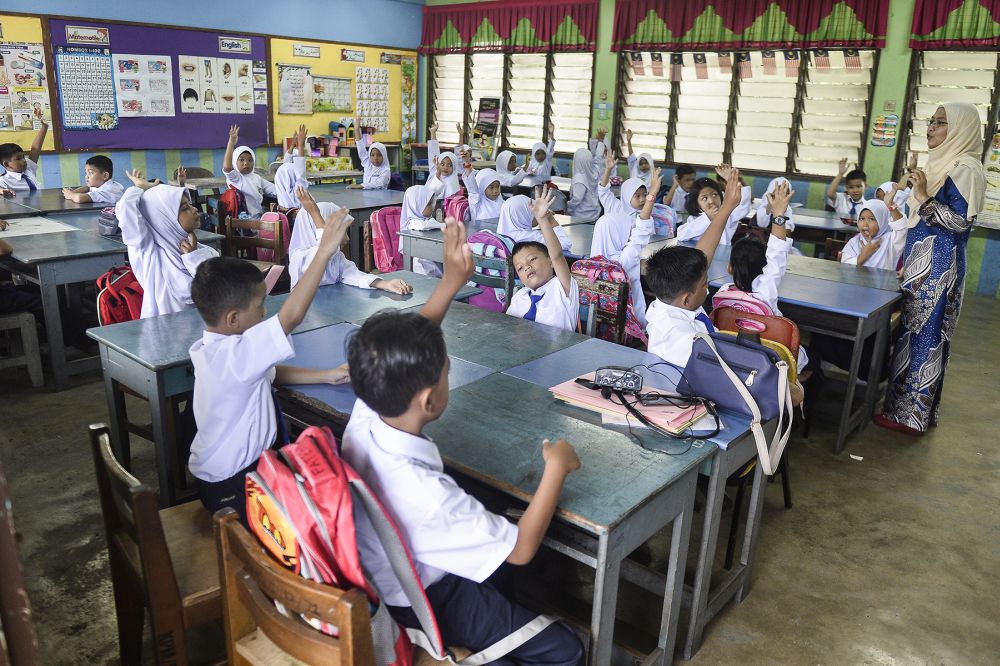World Bank Report: Malaysian Children Are Not Learning Sufficiently In School
The report found that while the average student spends 12.5 years in school, they only learn the equivalent of 8.9 years.
Too many children are not learning sufficiently in Malaysia, despite their time spent at school and the budget allocated to public education, according to a World Bank report
According to the New Straits Times, the national education budget has remained steady at about 3.2% of the gross domestic product.
The World Bank's Bending Bamboo Shoots: Strengthening Foundation Skills report reveals that despite Malaysia achieving near-universal primary education goals such as high enrolment rates in preschools and primary schools, many children still struggle with learning outcomes and perform poorly compared to neighbouring countries with similar gross national income per capita.
Educational performance is even lower among students from low-income backgrounds.
The report found that while the average Malaysian child spends 12.5 years in school, they learn the equivalent of only 8.9 years
In comparison, Vietnam, which spends less on education than Malaysia, offers students 12.9 years of schooling for 10.7 years of learning.
In neighbouring Singapore, the average child spends 13.9 years in school and learns the equivalent of 12.8 years.
While the report also found that 98% of students in Malaysia attend preschool prior to entering primary school, approximately 24% still lack school-readiness skills
"Since learning is cumulative, weak foundational skills jeopardise performance later on," read the report.
The World Bank pointed out that by the age of 15, Malaysian students fall behind their peers in countries such as in Hong Kong, China, Japan, and Singapore in reading, math, and science as measured by international assessments.
When measuring core competencies through the Programme for International Student Assessment (PISA), Malaysian students performed worse than their counterparts in Vietnam:
- Only 41% of students in Malaysia attained proficiency in mathematics, significantly less than Vietnam's average of 72%.
- In reading, 42% of Malaysian students attained proficiency in reading, compared to 77% in Vietnam.
- In science, only 52% of students in Malaysia passed baseline proficiency, compared to Vietnam's 79%.
The World Bank linked the low learning outcomes to insufficient early childhood education and preparedness, as well as poor teacher content knowledge and skills despite their qualifications
"There is limited data on teachers' content knowledge in Malaysia, but what little exists, suggests room for improvement," said the report.
For instance, when tested in 2018, only 28% of English teachers were found to be proficient in English. While the number has improved to 53% by 2020, the report said teachers need to be better equipped to be effective in classrooms.
Another noteworthy finding is the relatively high rate of teacher absence reported by students in Malaysia.
To improve learning outcomes in Malaysia, the report recommends:
- Ensuring that all children benefit from high-quality preschool education and arrive in primary school ready to learn.
- Measuring student learning outcomes and teacher performance against global standards.
- Strengthening support for teachers through effective teacher training programs, as well as policies that consider teachers' experiences and needs.
You can find the full report here.


